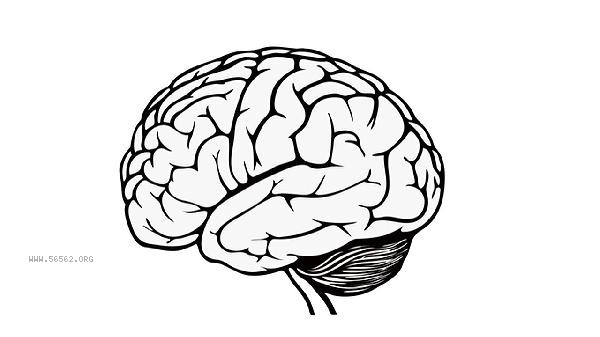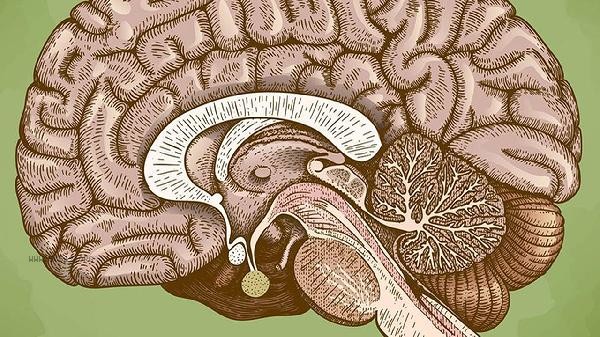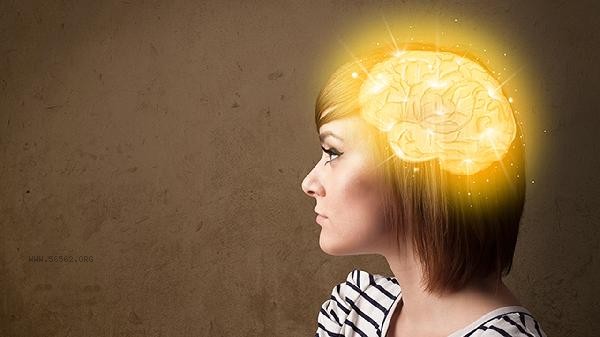The sudden loss of memory and the appearance of a blank space in the brain may be a manifestation of transient total amnesia or brain disease. Transient global amnesia is usually caused by emotional stimulation, intense exercise, or cerebral vasospasm, and symptoms can recover on their own after several hours; If accompanied by symptoms such as headache and limb weakness, one should be alert to diseases such as stroke, epilepsy, or Alzheimer's disease. It is recommended to seek medical attention promptly to investigate the cause.

Transient global amnesia is more common in middle-aged and elderly people. During the onset, patients completely forget about recent events, but retain their self-identity and language abilities. Memory usually gradually recovers within 24 hours. This symptom is related to temporary dysfunction of the hippocampus, which may be induced by emotional stress, cold water stimulation, or excessive fatigue. Generally, no special treatment is required, but high-risk activities such as driving should be avoided. Brain imaging examinations usually show no abnormalities and have a good prognosis. If memory blank is accompanied by persistent headache, nausea and vomiting, or unilateral limb numbness, acute cerebral ischemia or cerebral hemorrhage should be considered. Stroke can cause damage to the temporal lobe or thalamus, leading to retrograde or anterograde amnesia. The golden time for treatment is within 6 hours after onset. Early manifestations of Alzheimer's disease include forgetting of recent events, which later develops into loss of orientation; The hazy state after epileptic seizures may also result in transient memory loss, which can be distinguished by electroencephalogram examination.

Regular work and rest and moderate mental exercise should be maintained daily to control basic diseases such as hypertension and diabetes. When experiencing sudden memory impairment, it is necessary to record the duration of symptoms and accompanying manifestations, and provide a detailed medical history when seeking medical attention. Diet can increase the intake of deep-sea fish, nuts and other foods rich in omega-3 fatty acids, and avoid excessive alcohol consumption. Memory training such as memorization and board games can help maintain cognitive function, and medication intervention may be necessary under the guidance of a neurologist.









Comments (0)
Leave a Comment
No comments yet
Be the first to share your thoughts!